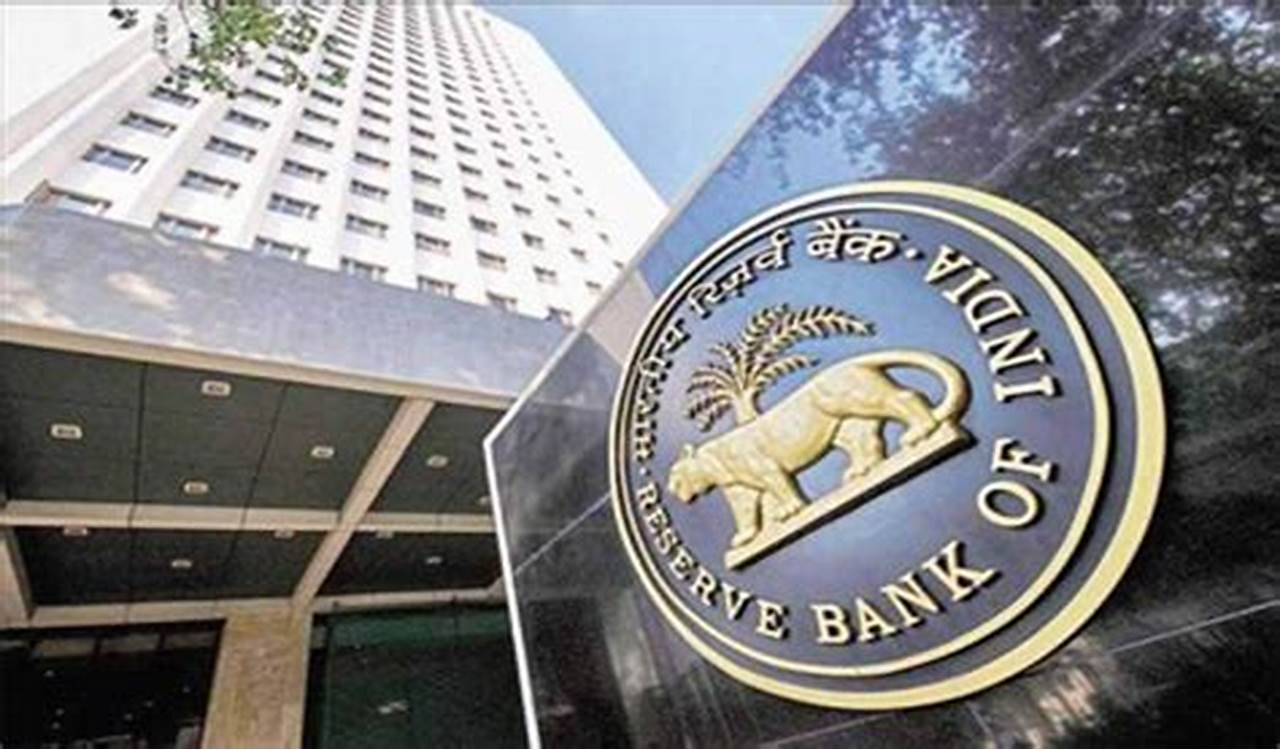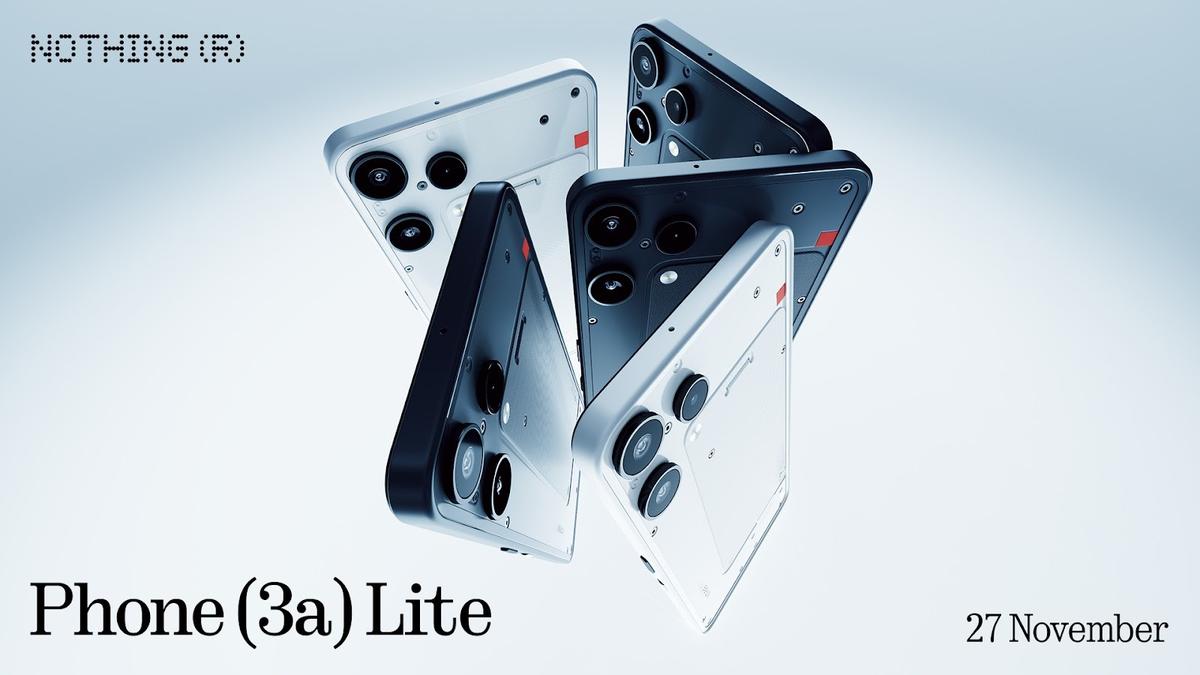The abrupt shutdown of BluSmart, India’s largest all-electric taxi service, has left thousands of users unable to access funds stored in the company’s digital wallet. This incident has prompted the Reserve Bank of India (RBI) to scrutinize digital wallets, particularly those linked to electric vehicle (EV) platforms, to assess potential consumer risks and consider regulatory measures.
What Happened with BluSmart?
BluSmart’s digital wallet operated as a closed-loop system, allowing users to preload funds for services like ride bookings and EV charging. Unlike open-system wallets regulated by the RBI, closed-loop wallets are not directly monitored by the central bank, making them more vulnerable in the event of a platform failure.
In April, BluSmart informed customers that it could take up to 90 days to refund the money after users found themselves unable to get a refund or transfer the funds elsewhere. This situation highlighted the lack of safeguards for users who load money into such wallets, especially when the company faces operational issues or allegations of fraud.
RBI’s Response
In light of these events, the RBI has initiated informal consultations with EV charging-point operators and other app-based EV platforms to assess potential consumer risks. The central bank is considering several measures to protect consumers, including:
- Mandating Escrow Arrangements: Requiring companies to hold consumer balances in escrow accounts, similar to payment aggregators, to ensure funds remain protected if a company shuts down.
- Extending PPI Guidelines: Applying certain elements of the RBI’s Prepaid Payment Instruments (PPI) guidelines to large-scale closed wallets to enhance oversight and consumer protection.
While the RBI has not yet taken a formal stance, these potential regulatory changes could have broad implications for India’s digital economy, where platforms rely heavily on prepaid balances to encourage repeat usage.
Consumer Rights and Legal Recourse
Customers affected by BluSmart’s shutdown have reported difficulties in retrieving funds from their wallets. Despite the app’s non-refundable policy, legal experts suggest that users have rights and can pursue refunds through customer support, grievance cells, or consumer protection avenues.
Under the Consumer Protection Act, 2019, customers with e-wallets fall within the definition of a consumer of digital services. If their money remains stuck, they can file a complaint based on its monetary value before the District, State, or National Consumer Dispute Redressal Commission.
Implications for the Digital Economy
The BluSmart incident underscores the need for better protections in India’s fast-growing digital and EV industries, where millions of users rely on app-based payment systems daily. As the RBI considers regulatory measures, companies operating closed-loop wallets may need to reassess their practices to ensure consumer funds are safeguarded.
This situation serves as a cautionary tale for both consumers and companies, highlighting the importance of regulatory oversight and consumer protection in the rapidly evolving digital payment landscape.



















